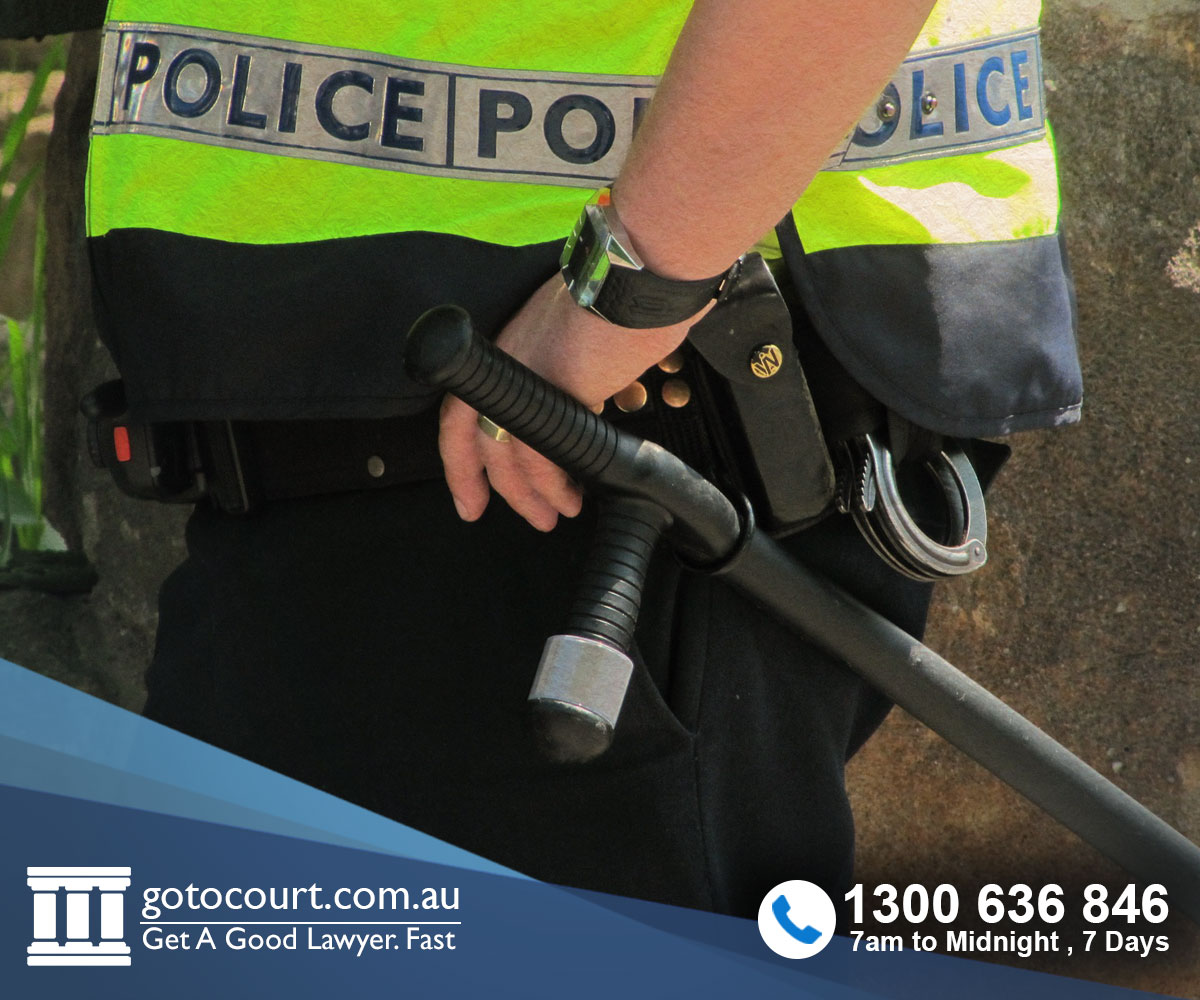Stealing Offences in South Australia
Theft is one of the most common property offences. In South Australia, it has been codified in section 134 of the Criminal Law Consolidation Act 1934. There are also other property offences which involve stealing in South Australia, such as robbery, which is made up of theft as well as the use or threat of violence. This article deals with theft in South Australia.
Theft in South Australia
The simple offence of theft under section 134 occurs when a person dishonestly deals with property without the owner’s consent with the intention to permanently deprive the owner of the property or to seriously encroach on their property rights. A person seriously encroaches on another’s property rights if they:
- Treat the property as their own regardless of the other person’s rights;
- Deal with the property in a way that means the owner may not get it back or that when they get it back, it may be worth a lot less.
It is possible to steal property that has come into your possession lawfully. It is also possible to steal by misusing your powers as a trustee or agent.
Theft is punishable by a maximum of 10 years imprisonment for a basic offence, or 15 years imprisonment for an aggravated offence.
Defences to theft
A person charged with theft may rely on a legal or a factual defence. Legal defences to stealing in South Australia include the following.
Lawful claim of right
A person is not guilty of theft if they had a lawful claim to the item allegedly stolen. For example, if a person takes back an item they have leant to another person without the other person’s permission, they are not guilty of theft.
Mistake of fact
A person is not guilty of theft if the alleged offence came about because of an honest and reasonable mistake of fact. For example, if a person mistakenly believed they had paid for an item before leaving the store with it, they would not be guilty of theft.
No intention to permanently deprive
A person is not guilty of theft if they take an item belonging to someone else with the intention of returning it.
Shop theft
In South Australia, the Shop Theft (Alternative Enforcement) Act 2000 deals with minor instances of shoplifting. Under that act, a person can be dealt with by way of an infringement notice for shoplifting, provided they take various other steps to take responsibility for their offending. The act sets up an alternative method for dealing with theft when it occurs in the form of shoplifting. This allows these offenders to be kept out of the court system while still being held accountable for their actions.
A person may be dealt with under the Shop Theft (Alternative Enforcement) Act 2000 if they consent to this. If the person does not consent to being dealt with in this way, they may be charged with theft.
The steps a person will be required to take to address their offending under this act depend on the value of the item/s stolen.
Where the item is worth $150 or less, a person may be dealt with by an infringement notice provided they apologise to the shopkeeper The person will also be required to sign a notice admitting the offence and agreeing to receive a caution from police. The police must also confirm it is appropriate for the matter to be dealt with in this way.
Where the item is worth more than $150, a person may be dealt with by an infringement notice if they apologise to the shopkeeper, pay for the item if it is no longer in the condition it was displayed for sale in, sign a notice admitting the offence and agreeing to receive a caution from the police, and to complete a period of community service of one hour for every $5 of the value of the item stolen. The police must also confirm it is appropriate for the matter to be dealt with in this way.
Other offences related to stealing in South Australia
There are several other offences contained in the Criminal Law Consolidation Act that are related to the offence of stealing.
Robbery
Under section 137, a person is guilty of robbery if they use or threaten to use force in order to commit a theft or uses or threaten to use force to escape the scene of a theft. This offence carries a maximum penalty of 15 years imprisonment for a basic offence or life imprisonment for an aggravated offence.
An offence is aggravated if it is committed under any of the circumstances set out in section 5AA. These include the use of a weapon, the fact the victim was under 14 or over 60 and where the victim was a police officer or corrections officer.
Making off without payment
Under section 144, a person is guilty of an offence if they dishonestly make off with the intention of avoiding paying for goods or services. This is punishable by up to two years imprisonment.
Identity theft
Part 5A of the Criminal Law Consolidation Act contains offences related specifically to identity theft. These include assuming a false identity, misusing a PIN number and producing prohibited material for a criminal purpose.
If you require legal advice or representation in any legal matter, please contact Go To Court Lawyers.






